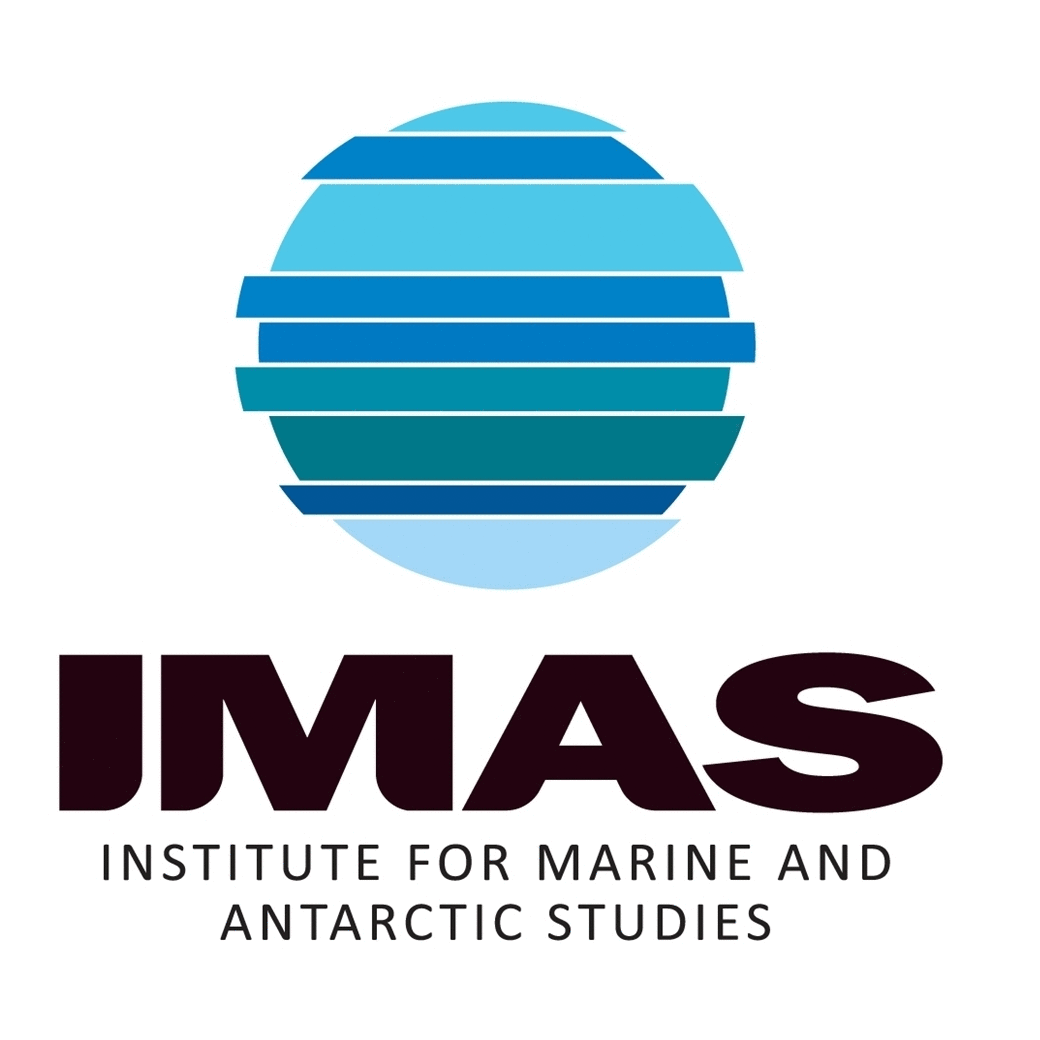spatial planning
Type of resources
Topics
Keywords
Contact for the resource
Provided by
Years
-

This record provides an overview of the NESP Marine and Coastal Hub project "Evaluation of recreational fishing behaviour, use, values and motivations that relate to compliance". No data outputs were generated by this project. -------------------- Recreational fishing is an important leisure activity in Australia that delivers important social and economic benefits to the community. As the largest and most widely dispersed natural resource-based recreational activity in the country, it is subject to management strategies including bag limits, quotas, and no-take zones. Given the prohibitive cost of deploying compliance officers to monitor Australia’s vast marine estate, strategies are needed to encourage voluntary compliance from fishers. This project explored behavioural interventions to promote self-compliance among recreational fishers, focusing on no-take zones within the Great Barrier Reef Marine Park and two Commonwealth parks off Western Australia (Geographe and Two Rocks). The research distributed more than 800 online surveys, followed up by focus groups and analysis to examine how demographics, motivations and fishing patterns influence fishers' intentions to comply with zoning rules. Survey insights were used to pilot a new targeted approach to awareness campaigns. Using behavioural segmentation, the project tailored messaging to specific audience types and tested these via GBRMPA social media channels. The project also examined perceptions of compliance visibility and found fishers were more likely to comply when uniformed officers were present and engaged directly at ramps or on water. The project outcomes provide a foundation for evidence-based behavioural interventions and targeted communication campaigns. It delivers a proof of concept for scalable, audience-specific behaviour change approaches that can be refined, implemented, and evaluated in future research. Outputs • Fact sheet - characterising recreational fishing population [written] • Final project report [written]
-

This record provides an overview of the NESP Marine and Coastal Hub scoping study - "Research needs for a national approach to socio-economic values of the marine environment". For specific data outputs from this project, please see child records associated with this metadata. -------------------- Effective management of natural resources and biodiversity requires an integrated understanding of the complex relationships between people and nature. This project reviewed a range of socio-ecological frameworks to identify which system components influence environmental outcomes, and which are most relevant for policy design and behaviour change. A key point of difference from previous NESP Marine Biodiversity Hub projects was an additional theme on implementation pathways, enabling research to inform the full progression from policy to on-ground action. Through a co-design process with stakeholders, the project identified priority social and economic research needs and assessed the availability of relevant datasets to meet them. A key outcome was the identification of three common decision contexts faced by managers—monitoring, trade-off analysis, and promoting behaviour change—and the matching of appropriate frameworks and data to each context. The findings highlight critical data gaps, while providing practical guidance on how existing information can be strategically used to inform management and policy decisions. Outputs • Inventory of compiled datasets relating to relevant economic values, threats, and socioeconomic values for Case Study locations [data inventory] • Four fact sheets, each based around common decision contexts encountered by the project [written] • Final Project Report [written]
 IMAS Metadata Catalogue
IMAS Metadata Catalogue